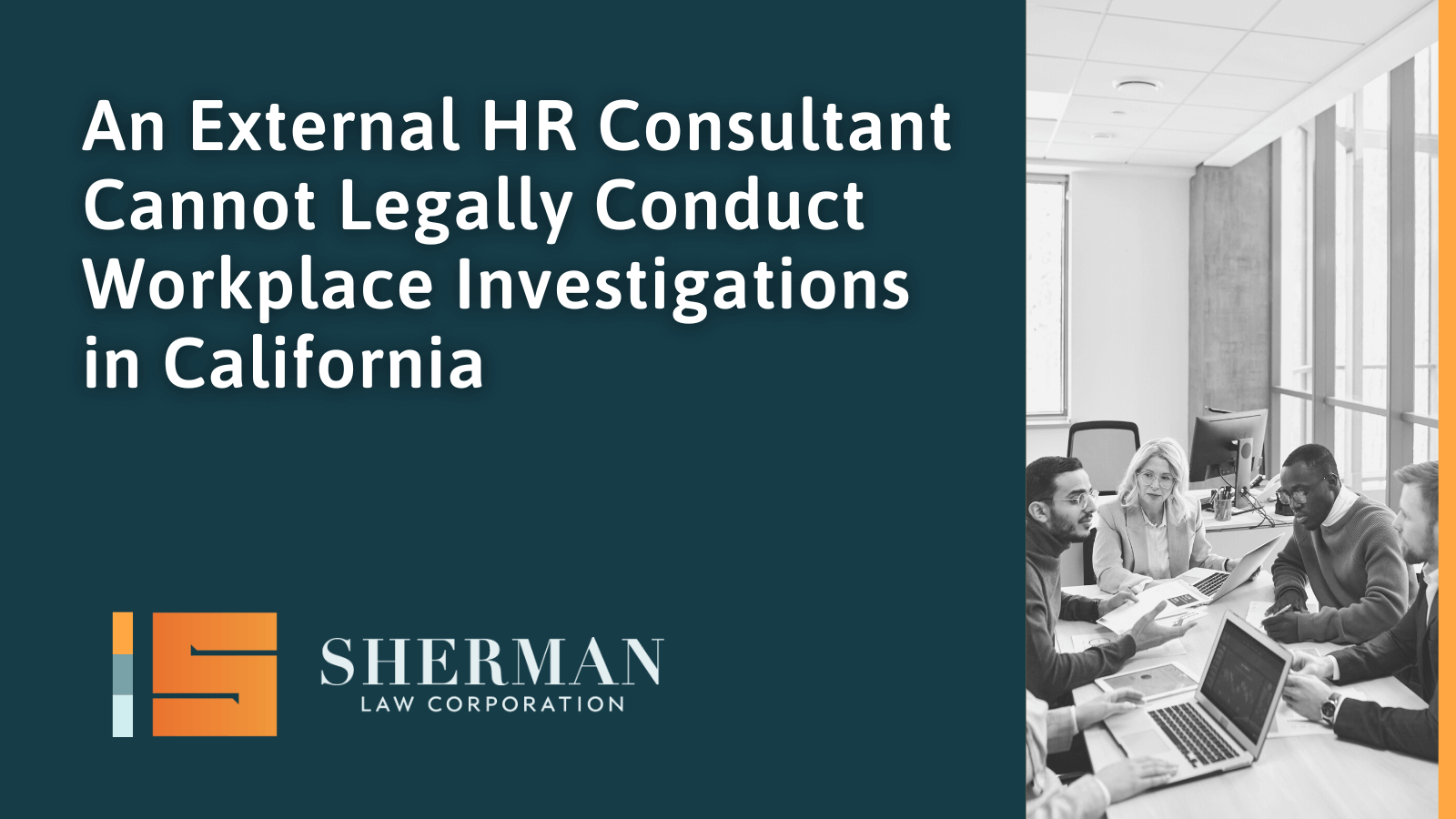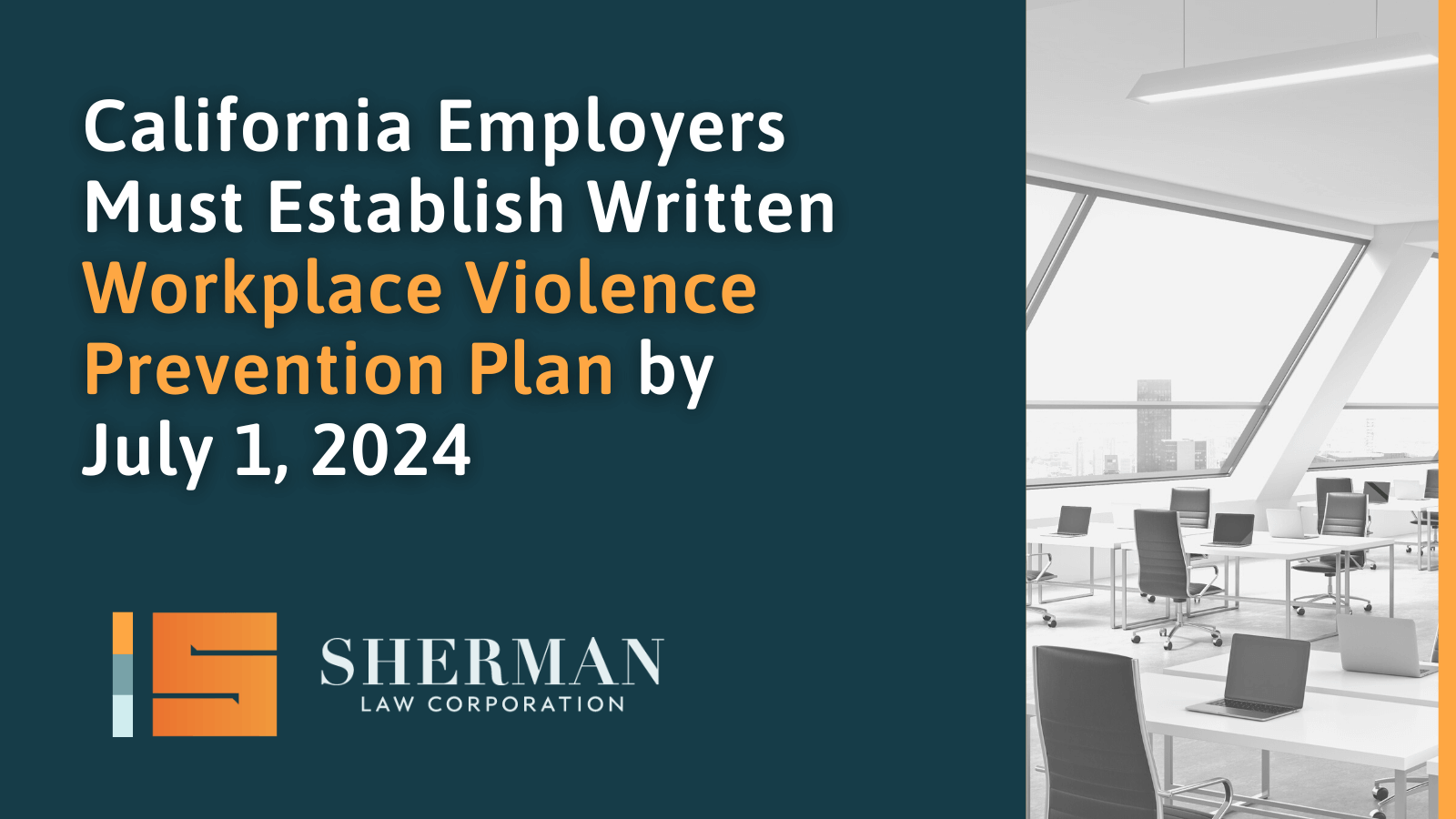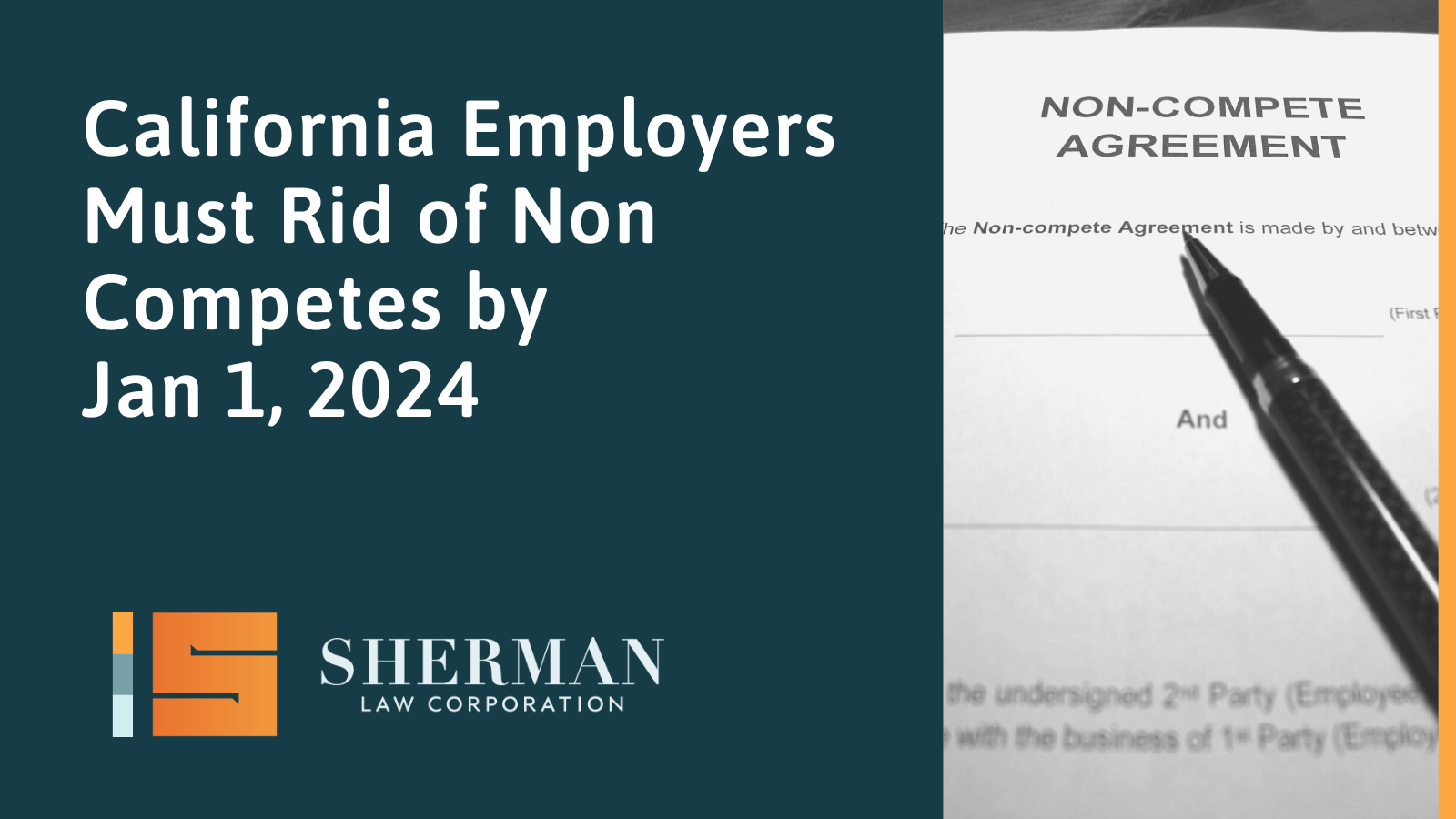According to recent media reports, Harvey Weinstein’s predatory sexual behavior began in 1991, the same year Anita Hill, a private citizen, attorney, and little known law professor from the University of Oklahoma, shocked the nation, by her sensational allegations that she was sexually harassed by her former boss, U.S. Supreme Court Nominee Judge Clarence Thomas, at his congressional confirmation hearing. Thrust into the spotlight, Ms. Hill’s testimony not only ignited a national debate on workplace sexual harassment for the first time, which had some positive results, the tragic aftermath that followed received little to no attention.
As a result, anyone born after the early 1990’s has never even heard of Anita Hill or her historic testimony, and the ones who did, just assumed Anita Hill became a rock star afterwards. Nothing could be further from the truth. Indeed, Hill’s testimony has been described as “a watershed moment that raised awareness in incalculable ways.” Following Harvey Weinstein’s unprecedented demise, now is the time to revisit Anita Hill’s historic testimony and the tragic aftermath to ensure a different result occurs this time.
Professor Anita Hill’s Historic Testimony in October 1991
In 1991, I was in my first year of law school at Washington University School of Law. Judge Clarence Thomas was nominated to the U.S. Supreme Court by President George H.W. Bush. Leading up to the confirmation hearings, stories began to surface that Judge Thomas had engaged in a pattern of unwelcome and sexually-suggestive behavior towards women. When Anita Hill was contacted by investigators to ask if she would be willing to testify about Judge Thomas before Congress, she balked at first. The idea of dredging up long-ago incidents were embarrassing, shameful and personal to her. Professor Hill realized that her testimony not only put Thomas’ career on the line, but risked her own, not to mention, her privacy, and reputation.
Nonetheless, having faithfully served in the U.S. government under Ronald Reagan, she believed it was her duty as a private citizen, and as a member of the bar to testify about his integrity as an individual and to preserve the integrity of the Supreme Court itself. Facing an all-white, all-male committee of United States Senators, hundreds of cameras filled the room on October 12, 1991. Along with the rest of America, I sat shoulder to shoulder with my law school classmates watching the hearings that were broadcast to the entire nation. I use the video clips from these hearings when I conduct sexual harassment training and as the gold standard in preparing witnesses to testify at legal proceedings.
Anyone who watched these hearings was riveted by Professor Hill’s soften-spoken tone, and calm demeanor as she testified about the sexual harassment she experienced as a new attorney, by her former boss. Thomas was no ordinary supervisor; he was the Chairman, of the Equal Employment Opportunity Commission (“EEOC”), the agency responsible for enforcing the federal laws that make it illegal to discriminate and harass employees on the basis of sex! Professor Hill vividly recounted encounters with Thomas detailing graphic sexual remarks that included, boasting of how he pleasured women with oral sex, and “long dong silver,” his larger than normal penis, her discomfort when he discussed hard-core pornography, and how he repeatedly asked Hill out on dates, all of which she politely and repeatedly declined.
Thomas unequivocally denied the allegations. He claimed that her fantasies about his sexual interest in her were indications that she was having a problem getting rejected by men she was attracted to. Senators supporting Thomas, mainly Sen. Arlen Specter, contended that because Thomas did not specifically ask Ms. Hill to have sex with him, or watch the pornographic films with him, and Thomas had not touched her, Thomas did not sexually harass her. Senator Specter’s position was especially galling because these hearings occurred five years after the U.S. Supreme Court held that unlawful sexual harassment only required that the conduct was “unwelcome” and sufficiently “severe or pervasive” to “create an abusive working environment” in the well-publicized 1986 U.S. Supreme Court case, Meritor Savings Bank v. Vinson. Ironically, the U.S. Supreme Court endorsed the position of the EEOC when Vinson was decided. If the U.S. Supreme Court didn’t limit illegal sexual harassment to physical advances or to threats to fire the victim if she didn’t comply, then how could Congress hold a Supreme Court Nominee to a higher standard?
The Senators also sought to undermine her credibility and character based on an FBI report in which she did not include all of the graphic details, to support her claims. Her response was legendary; there was no need to give all the sordid details because she was not bringing a legal claim of sexual harassment against him. No matter how many times the Senators attempted to discredit Professor Hill’s testimony, she remained unflappable. She calmly and consistently restated what Judge Thomas did, what he said, and her unequivocal rejection of his conduct. Because Professor Hill was not benefitting in any way from her testimony (since she was not seeking money or any other type of relief from Thomas or the EEOC) and four corroborating witnesses with whom she confided in, also boasted of her trustworthiness, Professor Hill withstood the inquisition – or so we all thought…
The Aftermath Following Professor Hill’s Testimony
Judge Thomas was narrowly confirmed as U.S. Supreme Court Justice with the final vote: 52 in favor of his nomination and 48 opposed. Professor Hill reported that when polled after the hearings, “6 out of 10 people did not believe me.”
On the positive side, the Thomas–Hill hearings did launch drastic changes not just in female electoral politics, and women on the Judiciary Committee, but also unprecedented increased reporting of sexual harassment claims with the EEOC. There was about a 40 percent increase in the number of charges filed with federal and state agencies between the 1991 and 1992 fiscal years, which is significant. In addition, the U.S. Supreme Court’s issued more expansive rulings on sexual harassment claims. For example, In 1993, the court considered a case in which the alleged misconduct was far less severe than that at issue in Vinson and still, in a unanimous vote, found the conduct illegal. Importantly, the court made clear that for an environment to be illegally “hostile,” the victim needn’t show that her work product declined, or that she needed counseling to cope with it, or other measurable evidence of harm; it’s enough to show the harassment was bad enough that a “reasonable person” would have found it hostile. A few years after that decision, the court extended Title VII to cover same-sex harassment, which again was a significant step towards equality.
During my last year of law school, in 1993, I had the honor of meeting Professor Hill when she came to speak at my law school. I remember the excitement as we all reminisced about watching the hearings together during our first year of law school. As ideological law students, we expected her to tell us how her testimony changed workplaces nationwide and that how her contributions were celebrated. Instead, we heard the opposite. There wasn’t a dry eye in the room after Professor Hill revealed to us the tragic aftermath following the Congressional hearings. Although Hill published her autobiography, Speaking Truth to Power, in 1997, it was not until the 2001 release of the documentary, Anita: Speaking Truth to Power, commemorating the 20th anniversary of the congressional hearings, did the public learn of the ongoing assault on her character, attempts to derail her career, and even threats on her life that followed.
In April 2016, actress Kerry Washington portrayed Professor Hill in an HBO adaptation titled Confirmation, starring Kerry Washington as Anita Hill and Wendell Pierce as then-judge, now–Supreme Court Justice Thomas. The movie recreates the three days of Supreme Court confirmation hearings that riveted the country in October 1991, launching a national conversation about sexual harassment in the workplace again.
Professor Hill’s Response to Weinstein
In the last few weeks, Professor Hill, now 61, a Brandeis University professor of social policy and gender studies, stated that “Harvey Weinstein’s behavior is no surprise.” She credited the media with digging deeply into the Weinstein story instead of just asking “the old, pat questions” about sexual harassment and assault.”
Professor Hill applauded the fact that awareness has been raised, “moving the needle a bit,” but she questioned how far how we have come to equality in the last 26 years. Leaders must tell us what they are going to do to stop the problem, especially with respect to public figures.
On the plus side, she noted that reporters in general no longer ask, “Why didn’t they speak up sooner?” “By digging deeper, we’ve actually gotten to the bottom of that question … [I]t is dangerous to actually come forward, even today,” Hill said. “We’ve also gotten to some questions about how this kind of behavior can be sustained over three decades.”
In a CNN interview, Professor Hill noted that 70-80% of women who have experienced sexual harassment still do not report it because of the fear of retaliation, which makes it difficult to gauge the scope of the problem. Even when they are, many cite the huge role that both confidential settlements and mandatory arbitration play in keeping cases hidden from view.
Now is the Time to Revisit and Revive Hill’s Legacy
Rose McGowan, one of Weinstein’s most vocal accusers, tweeted on October 12, 2017 a picture of Professor Hill testifying stating, “Men of Hollywood, meet Professor Anita Hill. This is what bravery is. Your publicist crafted statements don’t cut it. Get honest. Get brave.”
Now is the time to revisit and revive Anita Hill’s historic testimony and the tragic aftermath to ensure a different result this time.
For more information on sexual harassment in the workplace, feel free to contact Lisa Sherman at (424) 249 -3631 or email her at Lisa@sherm-law.com.
| Related Links: |

.jpg)



